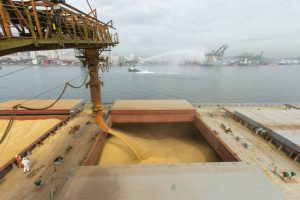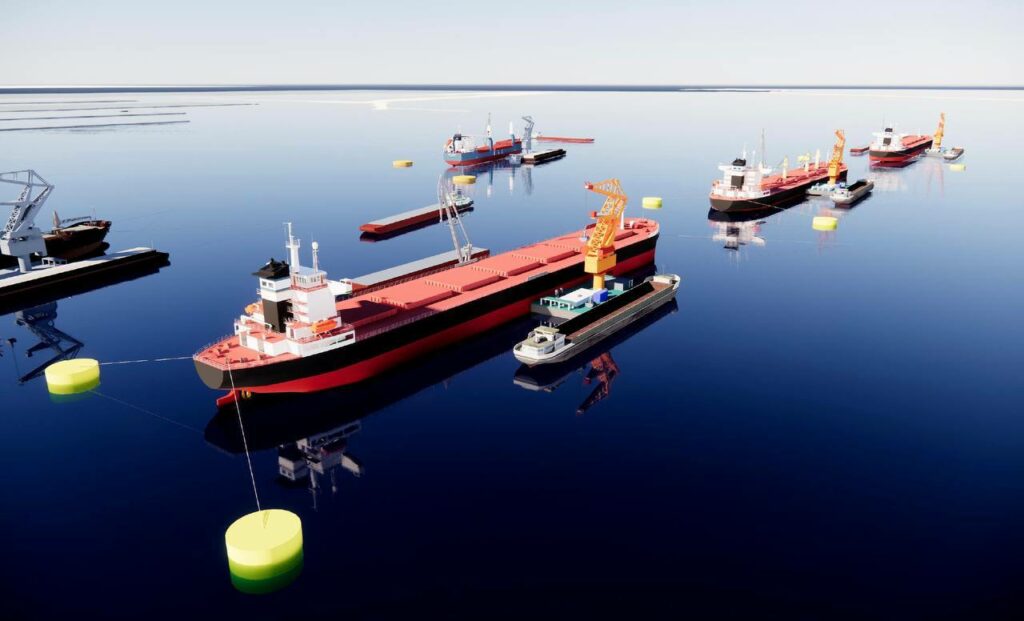Bananas, coffee and wine: how the shipping crisis is affecting food prices
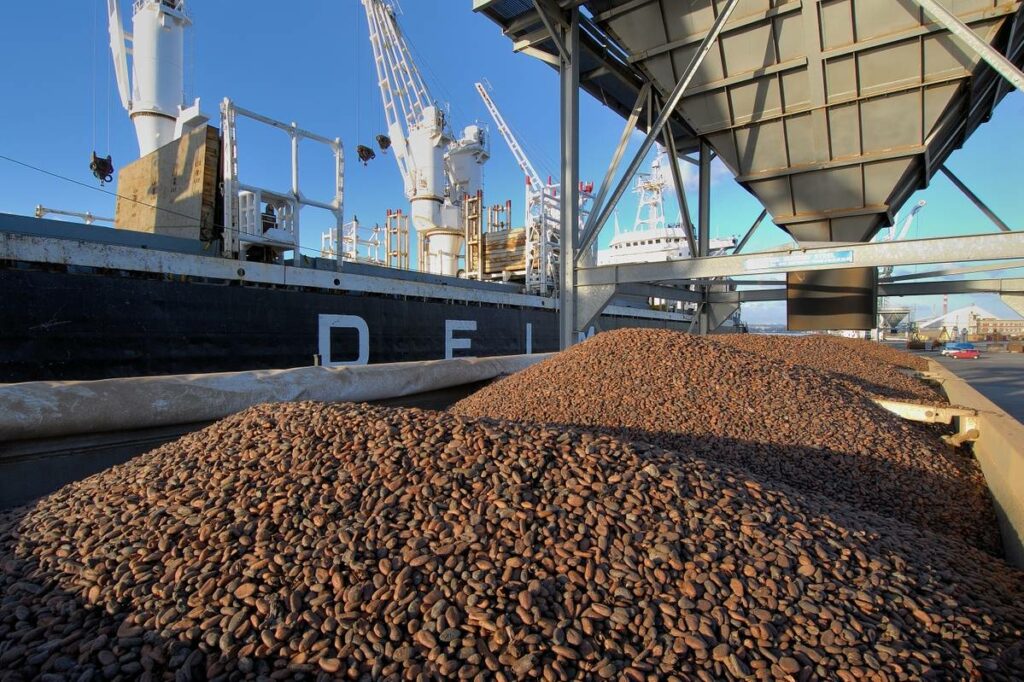
Why bananas, chocolate and coffee prices went up, and how the Houthis and the Russian Federation are connected to this, read in the USM article.
The principles of democracy and cooperation between countries opened the world access to goods never seen before. Once upon a time, exotic fruits and precious spices decorated only the tables of noble families. Now the majority of the planet’s population cannot imagine their life without coffee, wine or, for example, bananas.
However, the twenties of the 21st century became a real test for the civilized world. Russia’s aggression against Ukraine, increasing activity of pirates near Somalia, another flare-up of the Arab-Israeli conflict — all this undermines established logistics chains and threatens the world market.
Attacks on civilian vessels and blockades of ports force sellers to seek alternative, sometimes inconvenient, routes. This leads to an increase in the cost of transporting goods, and then to an increase in market prices for consumers. USM has collected some non-obvious examples of how the global shipping crisis has affected food prices.
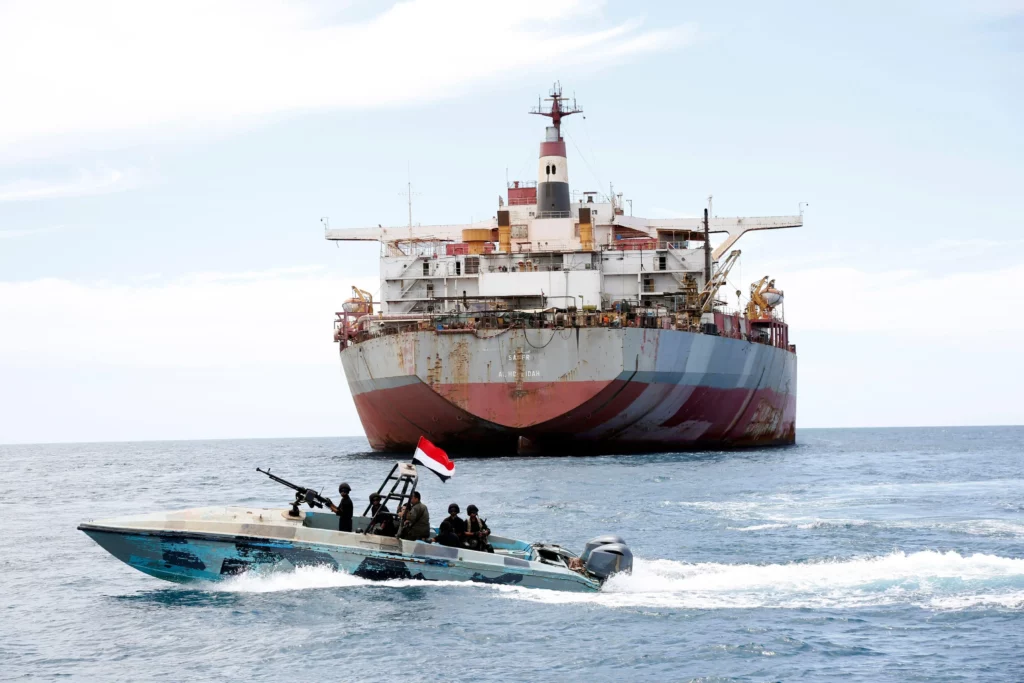
Fruit
In November last year, Houthi actioners in Yemen began shelling merchant ships passing through the Red Sea in the direction of the Suez Canal. In this way, the group manifested the alleged confrontation between Israel and the USA. Because of the threat to sailors and cargo, traders began to route ships around Africa via the Cape of Good Hope. This route is much longer and more expensive, and perishable goods simply do not have time to reach the end consumer.
Thus, Italian exporters are afraid that kiwi citrus fruits and apples will spoil on the way, and Chinese ginger has already become much more expensive.
The cost of transporting Indian grapes to the EU has quadrupled this year, and the delivery time for berries has doubled. Not only will this make grapes more expensive for consumers, but the quality of the fruit will also suffer.
According to the European fresh produce association Freshfel, the EU imports about one-seventh of table grapes in India, and at the peak of the harvest in March-April, the share of Indian berries in the EU market reaches more than 35%.
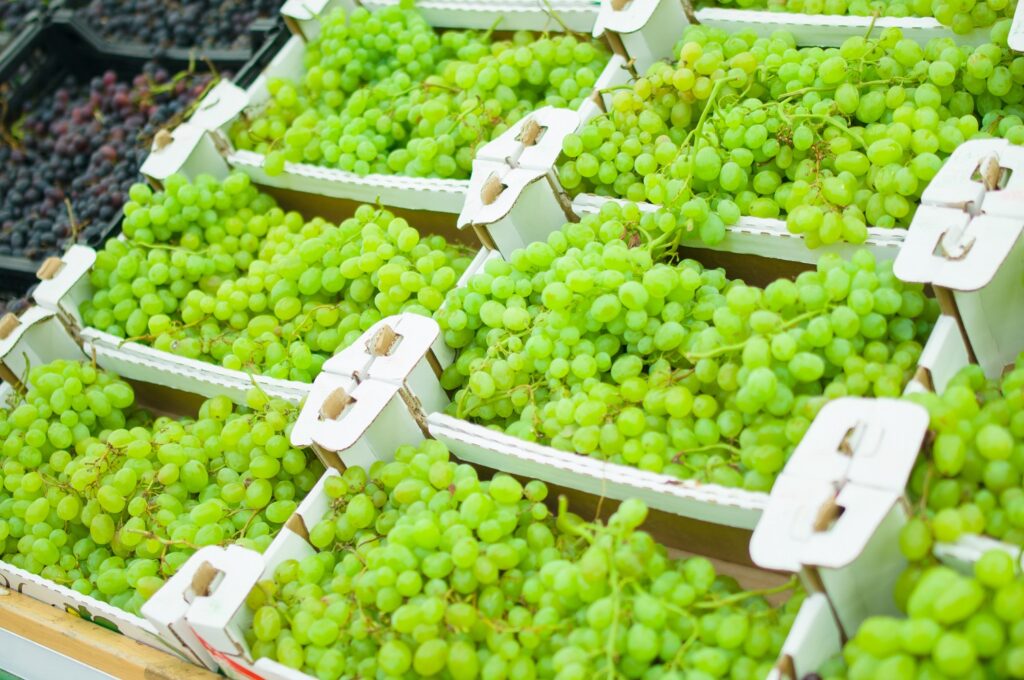
Also, the threat to shipping in the Black Sea from Russia affects the increase in the price of food products. For example, as a result of the aggression of the Russian Federation, the prices of bananas in the countries of Eastern Europe rose to a record.
Thus, in April, the wholesale price for 1 kg of bananas in Ukraine reached $1.26 and exceeded last year’s record of $1.23 per kg. Retail prices for bananas in Ukraine range from $1.7 to $1.8 per kg, East Fruit analysts note.
It should be noted that Ukraine usually has the lowest prices for bananas in Eastern Europe, but the blocking of ports by Russia forced traders to import the fruit into Ukraine from the ports of other countries.
In Poland, the wholesale price for 1 kg of bananas reached $1.35 per kg compared to the usual $1.1-1.2 for this time and last year’s record of $1.27.

Cocoa and chocolate
The price of cocoa beans increased by far the most among all food products. So, on April 19, world prices for cocoa beans set a new record, reaching a historical maximum of more than 11,000 dollars per ton. Since the beginning of 2024, commodity prices have more than doubled.
The increase in the cost of raw materials has had the greatest impact on leading companies in the confectionery industry. For example, Nestle began to apply marketing strategies to mitigate the impact of rising prices on the cost of the final product. So, the company reduced the weight of chocolate bars from 100 g to 80 g. At the same time, the consumer price of the delicacy increased almost imperceptibly.
There is also an increase in the production of milk and white chocolate, where the content of cocoa beans is lower, around the world. This allows companies to at least somewhat control the impact of rising prices on a key ingredient.
Climatic problems were added to shipping disruptions due to Houthi attacks in the Red Sea. The main African cocoa factories in Ivory Coast and Ghana have stopped or reduced processing – after three years of poor cocoa harvests, Reuters writes.
The International Cocoa Organization expects global cocoa production to drop by nearly 11% this season. It is worth noting that Ivory Coast and Ghana produce almost 60% of the world’s cocoa.

Coffee
World prices for Robusta coffee rose by 16.8% to $1.93 per pound. This figure is the highest since 1979, the International Coffee Organization (ICO) reports.
The Robusta variety is mostly used for the production of instant coffee and for blends in combination with the well-known Arabica. However, as a result of attacks by the Houthis, the trade of Robusta through the Red Sea actually stopped. As in the previous example, the climatic factor also influenced the record price increase. We are talking about a severe drought in Vietnam, the leading exporter of Robusta.
Prices for Arabica rose by 14.8-17.8%. To a large extent, this applies to coffee originating from African countries. On the contrary, the volumes of grain exports from Brazil and Colombia increased.

Not just coffee
If the rise in prices for tasty, but not so vitally necessary products can be tolerated, then one of the African countries was almost left without something saint. Due to the shelling of civilian shipping in the Red Sea, the Catholic Church of Uganda experienced a shortage of wine for Divine Services. This threatens to suspend the religious life of the community for many weeks.
Before the Red Sea conflict, the Church of Uganda imported wine from Spain, from where it was transported to the port of Mombasa in Kenya, and from there to Uganda by land. Because exporters are now taking the much longer and more expensive route around Africa, the liturgical wine that was expected in early April will not arrive in Uganda until the end of May. In the meantime, JW InterServices, a company affiliated with the church, asked the diocese to be very careful when using the supplies.


